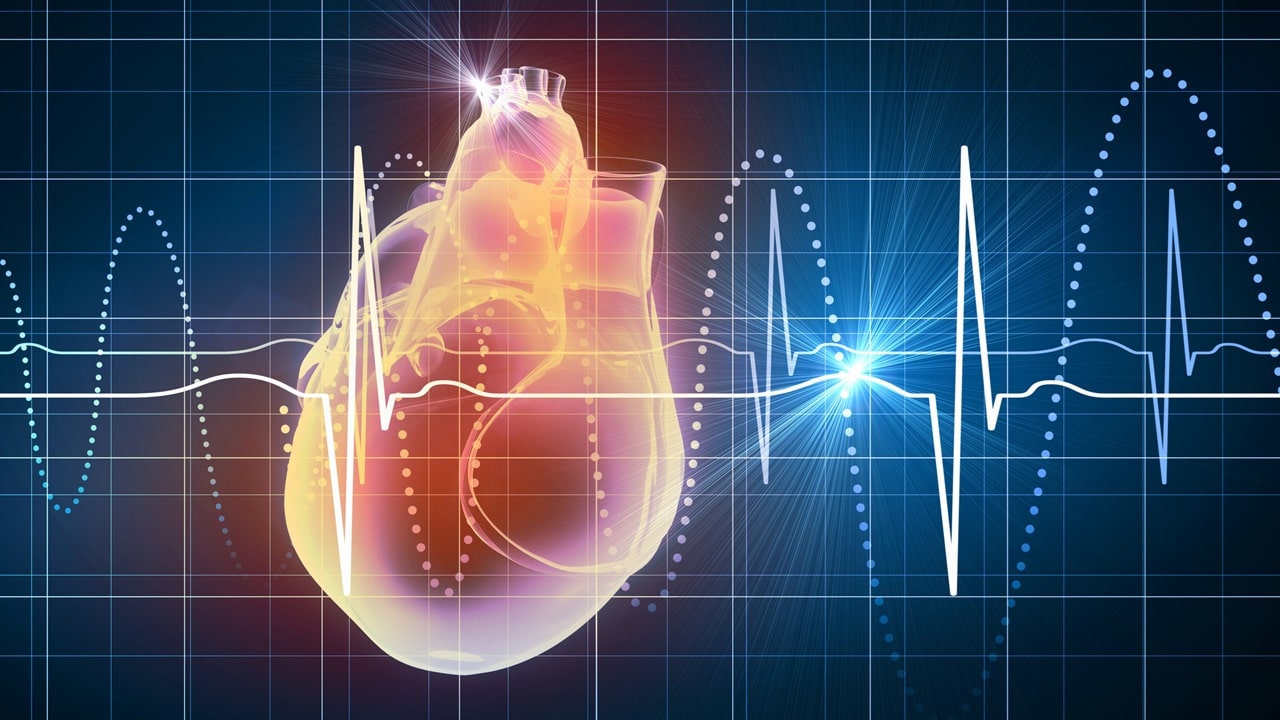A study conducted by the University of Oxford could radically transform the approach to the diagnosis and treatment of heart disease. Scholars have developed a artificial intelligence system capable of analyzing cardiac scans and predict heart attack risk up to 10 years in the future.
Artificial intelligence predicts heart attack risk 10 years ahead
As The Guardian reports (via Hardware Upgrade), the results are surprising. AI has proven to accurately identify patients at risk, even in the absence of obvious signs of coronary heart disease. In early clinical trials, this technology led to changes in treatment plans for nearly 45% of patients.
According to the study, this tool could save thousands of human lives. Many people are discharged after CT scans because they show no significant blockages in the arteries. However, even small inflamed narrowings can lead to fatal heart attacks in the future, a situation undetectable until now. Oxford’s AI, on the other hand, is able to detect even minimal signs of inflammation, providing a precise estimate of the future risk of heart attack.

The research team analyzed data from over 40,000 patients undergoing CT scans at several hospitals in the UK. The AI has been trained to recognize fat changes around inflamed arteries, a crucial indicator of risk. In an experiment on almost 3400 patientshas proven to predict adverse cardiac events independently. Surprisingly, among those without arterial blockages, the risk of cardiac death was higher 10 times greater for those with high levels of inflammation.
The researchers suggest that the implementation of this technology in the British national health system could be prevent thousands of heart attacks and cardiac deaths every year. But, like all clinical studies, further studies will be needed to verify the effectiveness and improve the use of this AI.















Leave a Reply
View Comments